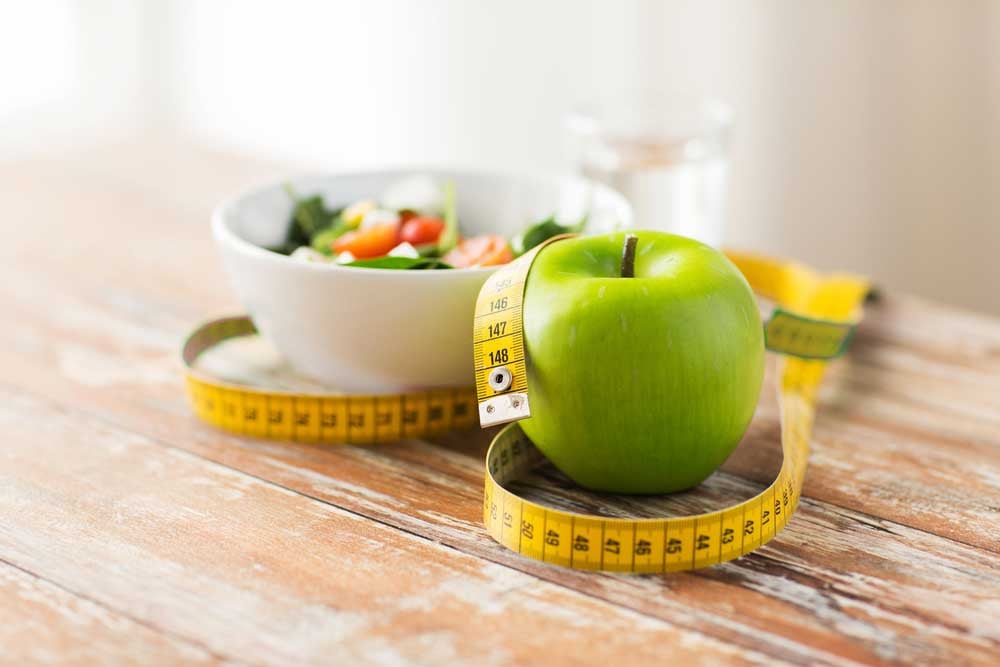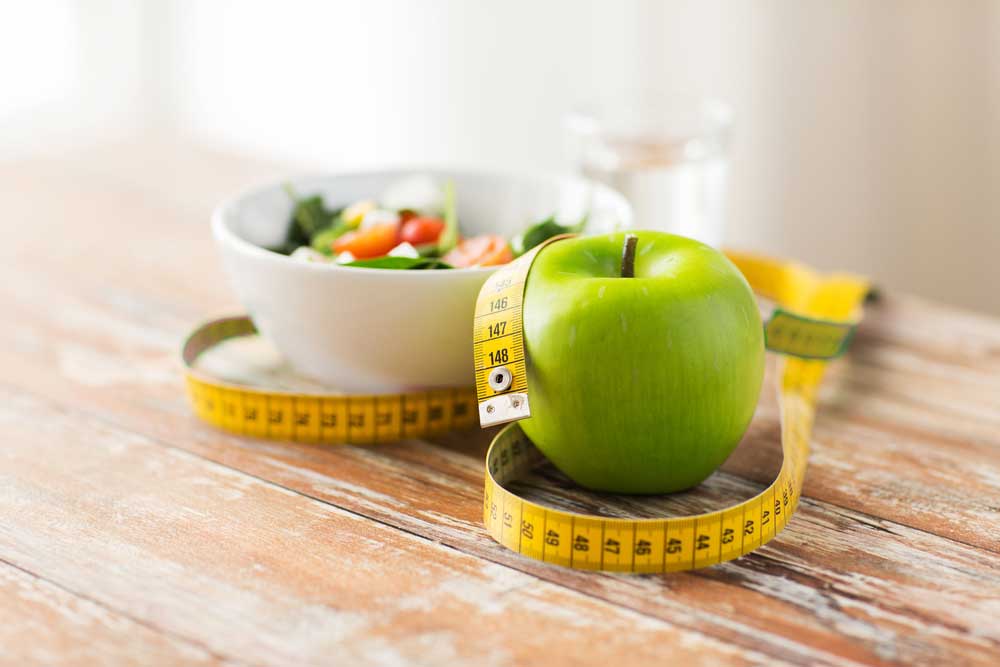What is the Connection Between Diet and Vein Health?

A vein condition can cause discomfort and impact daily life. Many individuals wonder if there is a diet that can improve vein circulation or even prevent it from becoming problematic.
While the relationship between diet and vein health is not straightforward, it is influenced by various factors. In this post, I explore the connection between diet and vein conditions, considering the role of genetic factors and the impact of weight management.
Genetics and Vein Conditions
For most people with vein conditions, the underlying cause is abnormal vein circulation due to faulty vein valves. These valves, located outside of the thighs, can stop working properly, leading to a condition called vein reflux. As a result, blood pools in the legs, causing symptoms like leg pressure and discomfort. This genetic predisposition means that the condition cannot be directly improved or worsened by diet alone. However, there are other remedies and lifestyle changes that can help improve overall circulation health.
Lifestyle Remedies for Vein Health
Regular Exercise
One of the simplest and most effective ways to support vein health is by incorporating regular exercise into your routine. Walking, in particular, can improve blood flow and prevent blood pooling in the legs. Engaging in physical activity stimulates the muscles, which in turn aids in the circulation of blood back from the legs to the heart.
Compression Stockings
Wearing compression stockings can provide external support to the veins in your legs, helping to improve circulation. These specialized stockings exert pressure on the legs, assisting in the upward flow of blood and reducing the pooling effect.
Weight Management and Vein Health
Another category of individuals who may experience improvement in vein conditions through dietary changes is those who are overweight or obese. Excess weight, particularly around the abdomen, can exert pressure on the veins in the pelvis. This pressure can impede the flow of blood from the legs to the heart, leading to symptoms like leg heaviness, varicose veins, and venous hypertension.
In such cases, weight loss becomes an essential aspect of improving vein health. Adopting a balanced diet that promotes weight loss, especially by limiting carbohydrate intake (processed foods, sugary drinks, fast foods, snack foods, etc). By shedding excess weight and therefore reducing the pressure of their abdomen on the veins in the pelvis, individuals often experience reduced leg discomfort, improved circulation, and an overall sense of better health and well-being.
Treatment Options
If your vein condition symptoms are beginning to interfere with your ability to maintain a healthy lifestyle, and you are unable to manage it with conservative measures, an evaluation with a vein specialist which includes a vein reflux ultrasound is crucial. If needed, treatments such as sclerotherapy or vein ablation can address vein reflux, improve circulation, and increase activity.
While diet alone may not directly improve vein conditions caused by faulty vein valves, it plays a crucial role in maintaining overall cardiovascular health. For individuals with obesity-related vein issues, weight loss through a healthy diet can alleviate symptoms and improve circulation. Embracing a physically active lifestyle, utilizing compression stockings, and seeking appropriate medical treatment are essential components in managing vein conditions.



